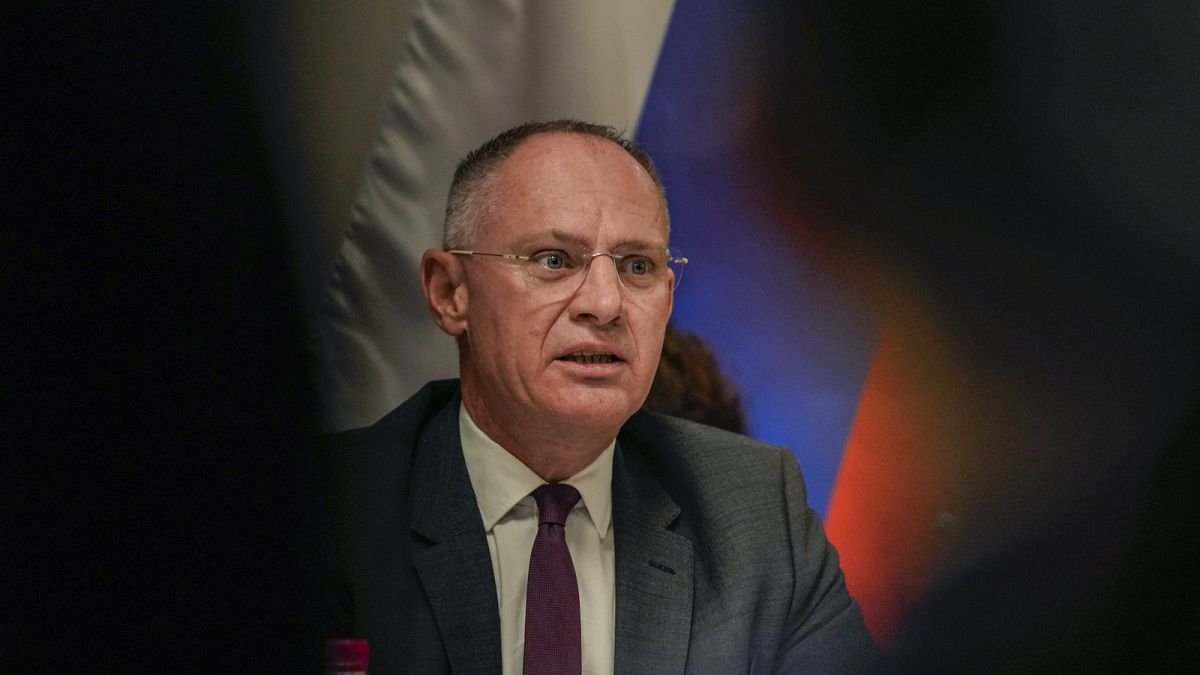Austria is still firmly opposed to the long-coveted Schengen accession of Romania and Bulgaria, arguing the passport-free area needs to become "better" before becoming "bigger."
The unambiguous resistance has been well documented over the past few years and was once again expressed on Tuesday morning ahead of a meeting of home affairs ministers in Brussels.
"Schengen must become better and not bigger. I don't see much progress here yet, so I can't imagine any change now," said Gerhard Karner, Austria's federal minister of interior.
In Karner's view, the number of border controls that European countries have imposed in recent months is a strong enough reason to prevent further expansion of the Schengen Area, which currently encompasses 27 countries, including 23 European Union states, and over 423 million citizens.
Under the Schengen Border Code, countries are allowed to establish temporary border controls as a last-resort method in exceptional circumstances. Governments in Austria, Germany, Poland, the Czech Republic, Slovakia, Slovenia, Italy and Denmark have invoked this provision to cope with a continued rise in migration flows.
In the first ten months of 2023, the EU saw nearly 331,000 irregular border crossings, with the Central Mediterranean route accounting for nearly half of the incidents. The figures represent the highest level for that period since 2015.
An affiliate of the conservative People's Party (ÖVP), Karner defends a hard-line position on migration and has touted the possibility of striking a deal with a non-EU country to outsource the processing of asylum applications.
"It is crucial that the European Commission finally invests heavily in external border protection and takes steps to make these external borders more secure," Karner said. "That is ultimately what makes a functioning Schengen system."
The lack of change in Austria's position forced Spain, the holder of the rotating presidency of the EU Council, to amend the agenda of the home affairs meeting. Spain had previously said the gathering on 5 December would feature a binding vote on the Schengen applications of Romania and Bulgaria, two countries that have been waiting to join the passport-free area since they entered the EU in 2007.
But upon seeing the vote was bound to fail, as was the case in December last year, Spanish officials opted instead to have a "state of play" on the joint bids and the overall situation across the passport-free area.
Fernando Grande-Marlaska, Spain's home affairs minister, told reporters his country would continue to work "very hard" on the topic "until the end of our presidency," a remark that appeared to suggest the applications could be put to a vote sometime later this month. Although the matter is intrinsically political, it can also be taken up by the ambassadors in Brussels.
"A stronger Europe is a Europe with Romania and Bulgaria as full members of the Schengen Area," Grande-Marlaska said.
His Romanian counterpart, Marian-Cătălin Predoiu, refused to comment on "speculation" about an extraordinary vote before the end of the year where Austria could potentially abstain to allow the accession. Predoiu said "intensive discussions" with Vienna were underway to find a diplomatic solution.
Accepting new members into Schengen requires a unanimous green light and, as Karner said on Tuesday, nothing heralds a forthcoming change in Austria's position.
The Netherlands is also opposed to Bulgaria's accession over rule-of-law concerns, although this position is considered somewhat more flexible than Austria's veto. The Netherlands, however, is in the midst of a power transition following last month's surprising victory of the far-right party of Geert Wilders in an election dominated by the topic of irregular migration.
A fact-finding mission recently sent to Bulgaria has brought back "excellent results" about the country's preparation to join the passport-free area, Ylva Johansson, the European Commissioner for Home Affairs, said at the end of the meeting.
"This time I sensed, if you allow me, a bit of readiness in the room," Johansson said. "We had no promises but we had a sense."
"It's still the objective of the Commission to have a decision on the Schengen enlargement, welcoming Romania and Bulgaria, this year," she added. "I still think this is possible to achieve. We're not there yet."
